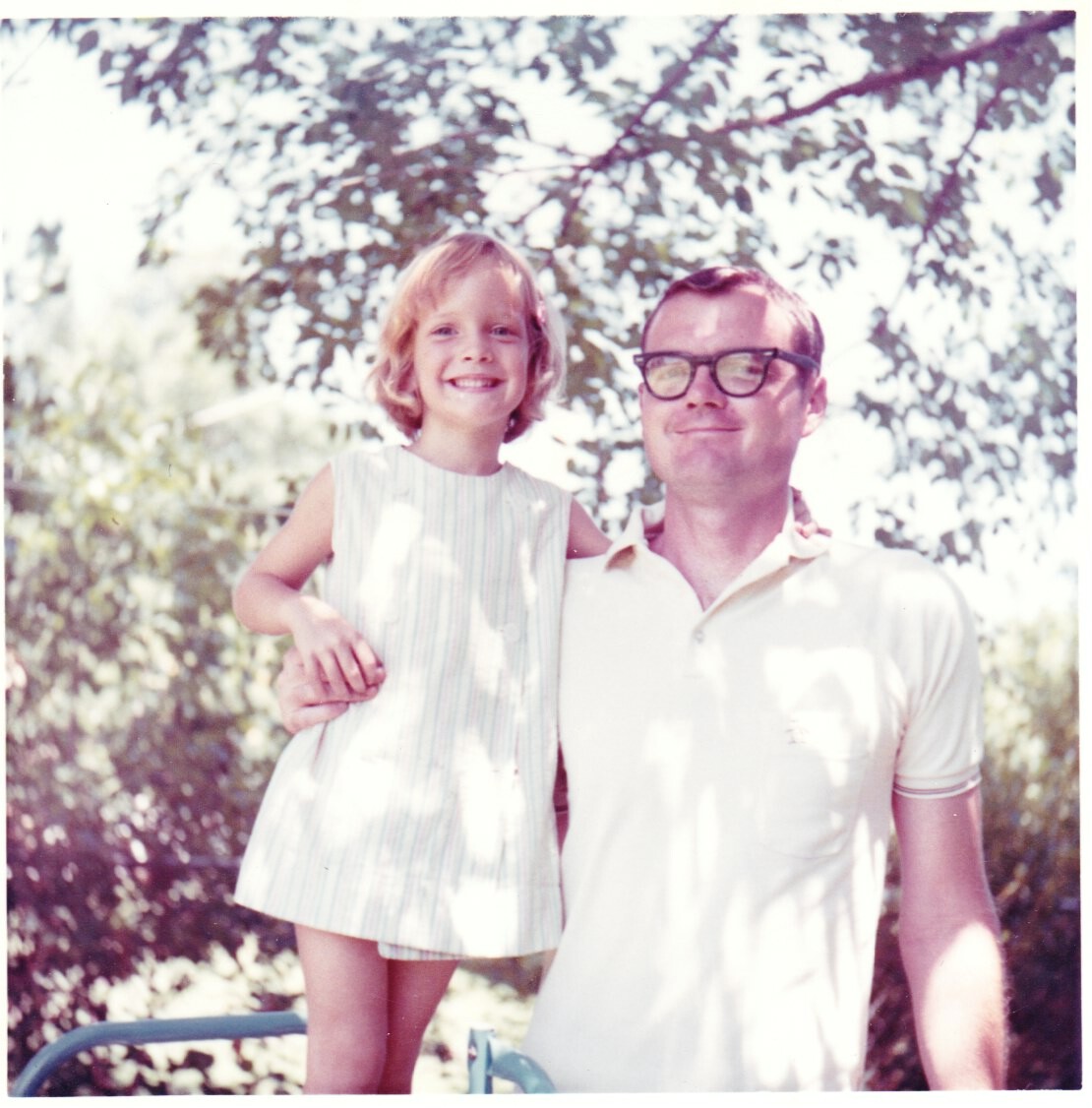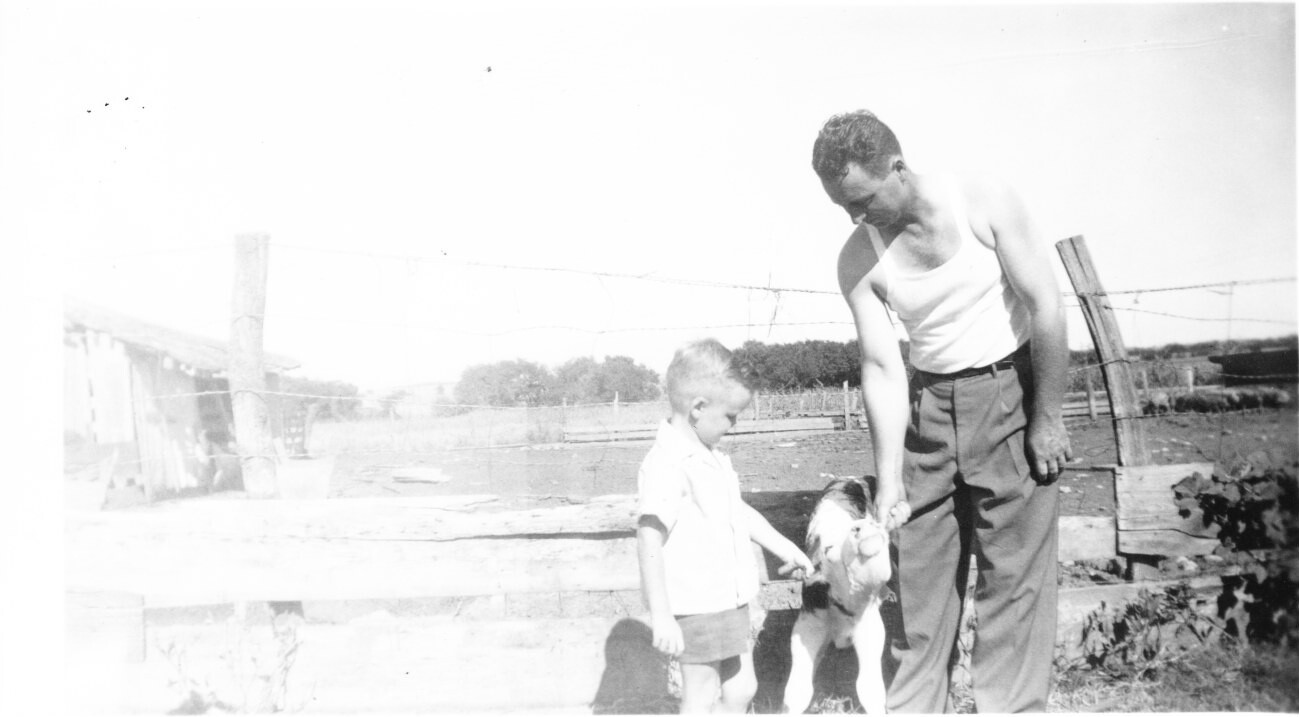Just a little more than a month ago, we packed up kid No. 3 to go to college. For the most part, she’s been loving the new challenges, activities and adventures. But there have been moments when she’s called, her words heavy with frustration or panic. I’m not gonna lie, there have been moments when my responses have been heavy with frustration or panic.
Let’s get real. Freshman year of college is HARD. It’s hard for the student, and it’s hard for the parents. I’m not perfect, y’all. I write this to remind myself, as much as to inform you.
Here are some tips to help your child (and you) get through this year and beyond.
1. Keep the lines of communication open.
If I want to get a positive response out of my kid, I use click bait. This girl loves our hyper German shepherd-border collie and asked me to send her photos. Those always get a response, but don’t expect daily communication. Go ahead and send an encouraging text, but don’t worry if you get no response. Let your child know how often you expect a phone call or Facetime where you can hear the sarcasm in their voice instead of trying to detect it in their texts.
2. Visit campus and make it an event.
Last weekend was “Family Weekend” at Anna’s college. The day we moved her into her dorm, she talked about Family Weekend and how she wanted us to see her university and go to the game. Fast forward to the day it began, and our college girl had plans with friends during the first event (a barbecue dinner and pep rally). Imagine that, she’d rather go out with her new friends instead of spend time with her parents. We insisted that she meet us for the President’s Breakfast the next morning, and she did. We had a nice visit and then she took us on a personal tour of campus. In her defense, we’d seen her several times because she goes to school less than an hour from home. Shawn reminded me that these events are designed to make sure your kid is adjusting to college, and it was obvious she was adjusting.
3. Send a care package.
Box up some of your kid’s favorite treats. If you’re motivated (or have all this new-found time to ponder their absence), get creative and look on Pinterest for ideas. If you don’t have a lot of time, many university groups advertise they will put together a care package and deliver it around special days like Halloween, Valentine’s Day and finals. Nothing says “I love you” like a package of gummy worms.
4. Don’t turn their room into your office, craft room or man cave right away.
You’ll freak them out, trust me. Your assimilation of their space should be gradual or delayed. Even with my Aggie grad, I keep a bed for her in what used to be her room when I turned it into my office. When she’s home, it’s her room. When she’s not, it’s my office.
5. Invest in yourself.
Because you will have more time, resist the urge to mope or fill up the empty spaces with Pinterest or binge watching “Downton Abbey.” Think moderation with social media and entertainment and capture some of those extra minutes to learn a new skill or rediscover an old hobby. Both of those endeavors will boost your mood more than mindless media. I recently taught myself to use a video-making app on my phone for work and made a fall wreath for the first time in over a decade.
When I was trapped at home with three small children, I did a lot of crafting. Now I can flex those glue gun and paint brush muscles again. How does that help your child adjust to college? It’s kind of a stretch, but it shows kids that you’re never finished learning and growing. Just being happier with this season of life helps us grow into it. Which leads me to the next point…
6. Let go … but not all the way.
Realize your child will have lots of exciting and stressful events as they move towards independence. Don’t panic when they become anxious over a bad grade or want to change their major. Work on becoming more of a coach and less of a dictator. Your adult child will thank you.
On the balance side, I want to insert a warning to you moms and dads out there. MANY young adults struggle with depression, anxiety and other mental health challenges. According to the National Alliance on Mentall Illness (NAMI), 20 percent of teens will experience some kind of mental health condition; 75 percent of chronic mental illnesses show up by age 24. Suicide is the third leading cause of death for those age 10 to 24. I’m dwelling on this heartbreaking topic because we parents need to know that the potential is there, and we should seek professional help if we suspect our child is struggling with mental health.
7. Expect change and talk about expectations.
Your son or daughter will come home on breaks. You will be glad to see them come. When the break is over, you will be glad to see them go. They will try new fashions, new philosophies, new political points of view. Don’t let this rattle you. Keep calm and laugh on (in private, not in their faces). Most likely, they will push way past the old curfews. Let them know what you expect from them, even if it’s just a text at midnight saying they will be home later. They will forget about pitching in with chores and treat you like the hotel maid service. Ask them to do their fair share. Plan fun times for the family during breaks, but don’t over schedule because they love staying out late with friends and sleeping much of the day away. When they go back, plan fun times with whomever is left at home (or with other friends and family). Have a party without them. You have a life, too, and it’s good for them to know it!
8. Don’t tell your kid, “These are the best years of your life.”
Most of us who went to college have great memories of that time. But we don’t have to think too hard to remember the late night projects, the worries about grades and the anxiety over our future. College is fun and college is hard. Both concepts are true. In the same way, parenting is rewarding and parenting is the hardest job we’ll ever do. What do we do in this new frontier of parenting young adults? This mom prays a lot. I pray they will know God loves them, and they will want to follow Him and discover His amazing plan for their lives. I know God is watching out for them even when I can’t. As Christians, we believe the best is yet to come.









